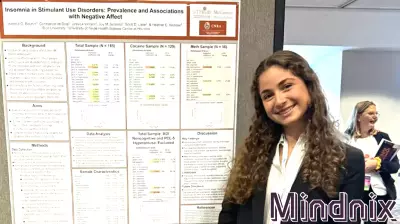The Power of Stories: Understanding Our Preference for Anecdotes Over Data
April 30, 2025 - 20:22

In an age dominated by information, our brains often gravitate towards stories rather than raw statistics. This preference can lead to a significant cognitive bias, where personal anecdotes are mistaken for factual evidence. The human brain is wired to process narratives more effectively, making them memorable and relatable. This tendency can skew our perception of reality, as we may prioritize compelling stories over empirical data that could provide a more accurate picture.
Recognizing this bias is crucial for critical thinking. By understanding why we are drawn to stories, we can make more informed decisions and evaluate information more rigorously. In a world overflowing with data, it becomes essential to balance our emotional responses to narratives with analytical thinking. By doing so, we can enhance our ability to discern facts from fiction, ultimately leading to clearer and more rational conclusions in both personal and societal contexts. Embracing this awareness can empower us to navigate the complexities of modern information effectively.
MORE NEWS

February 25, 2026 - 00:30
Rewired: How the Digital World Reshapes the Human BrainThe impact of our digital lives on the brain is a complex tapestry, not a simple story of harm or benefit. Emerging perspectives suggest that digital engagement, particularly among the young,...

February 24, 2026 - 00:52
Day in the life: Health sciences senior follows research toward clinical psychologyIsabella Bourtin, a health sciences senior, exemplifies the determined focus required to navigate a significant academic shift. Once firmly on the pre-med track, she has successfully pivoted her...

February 23, 2026 - 01:31
Toxic People Makes Us Age FasterThe emotional toll of difficult relationships is well-documented, but new research indicates the damage may be more than skin deep, potentially accelerating the biological aging process. A recent...

February 22, 2026 - 01:17
From Psychology to the Runway, Purpose Takes Center StageFor Lisa Jacovsky, a recent runway appearance during New York Fashion Week was far more than a fashion statement. Recognized as a `Queen of Impact` on the catwalk, the moment served as a powerful,...